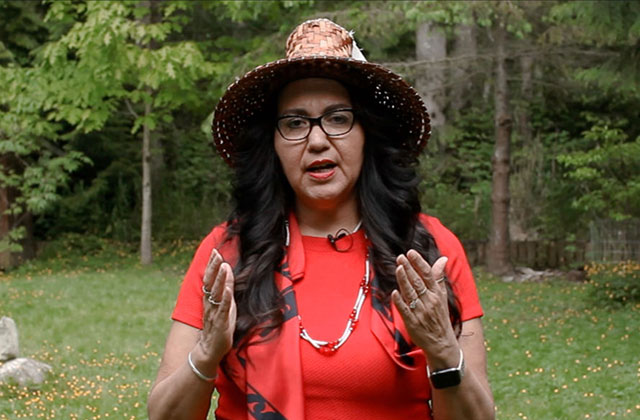Coronavirus cases are starting to surge in many states, and Native Americans who rely on the ill-equipped federal Indian Health Service (IHS) have suffered greatly, the New York Times reported in a September 29 article.
Indigenous people make up only 0.7 percent of the population in the United States, but 1.3 percent of COVID-19 cases, according to a Centers for Disease Control and Prevention (CDC) August report on 23 states from January to July.
More than 2.5 million American Indians and Alaska Natives use the IHS, which has long suffered from inadequate funding and care. A 2017 NPR article compared the IHS, which is part of the Department of Health and Human Services (HHS), to the Veterans Administration and the federal prison system. But it rated IHS as much smaller and broker. When a health-care system that serves millions of already marginalized citizens is sorely underfunded, the lack of medical essentials—such as experts, hospital beds and up-to-date facilities—only deepens the problems of the pandemic.
“I don’t think the federal government has fulfilled its treaty obligations for providing health care because it has not provided I.H.S. with the resources to do so,” Rear Admiral Michael Weahkee, who is a member of the Zuni Tribe and director of the IHS, told The Times.
Former North Dakota U.S. Sen. Byron Dorgan expressed his own dismay to The Times at how the federal government handles IHS, saying, “These were the first Americans and they have been getting second-class health care, if any at all.”
As a result, Indigenous nations have argued that they should run their own system. In 1998, the Alaska Native Tribal Health Consortium (ANTHC) launched to provide statewide health care to tribal communities. ANTHC—which offers disease research and prevention, rural provider training and rural water and sanitation systems construction, according to its website—is also described as a successful model. The Times reported that ANTHC has been able to thrive because it receives funding from both grants and federal programs, such as Medicaid and Medicare. For ANTHC, not solely depending on the federal government has been helpful, and others have noticed that tribes can benefit when they have greater health-care autonomy.
“I know tribes that do [run their own health care] have been very successful at creating a really wonderful health system to the point where they are experiencing better health outcomes,” chief of the Mohegan Tribe and chair of the Tribal Self Governance Advisory Committee Lynn Malerba, told The Times. “Tribal citizens who receive their health care through a tribal program are much happier.”
